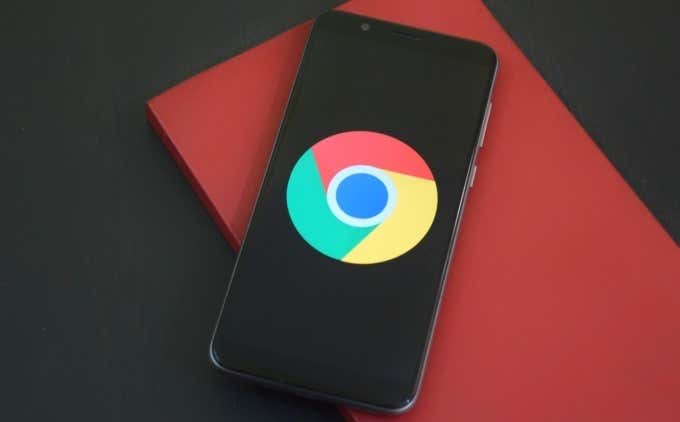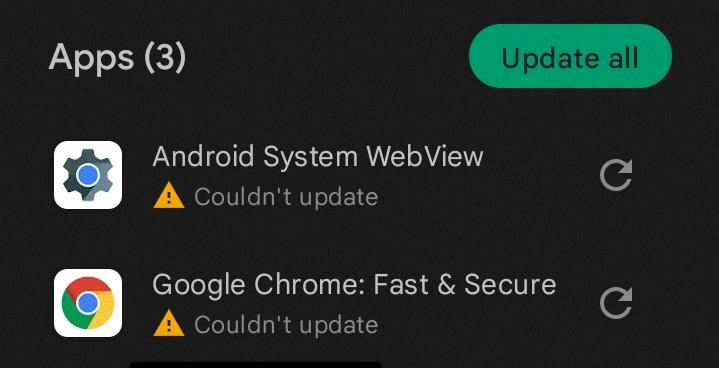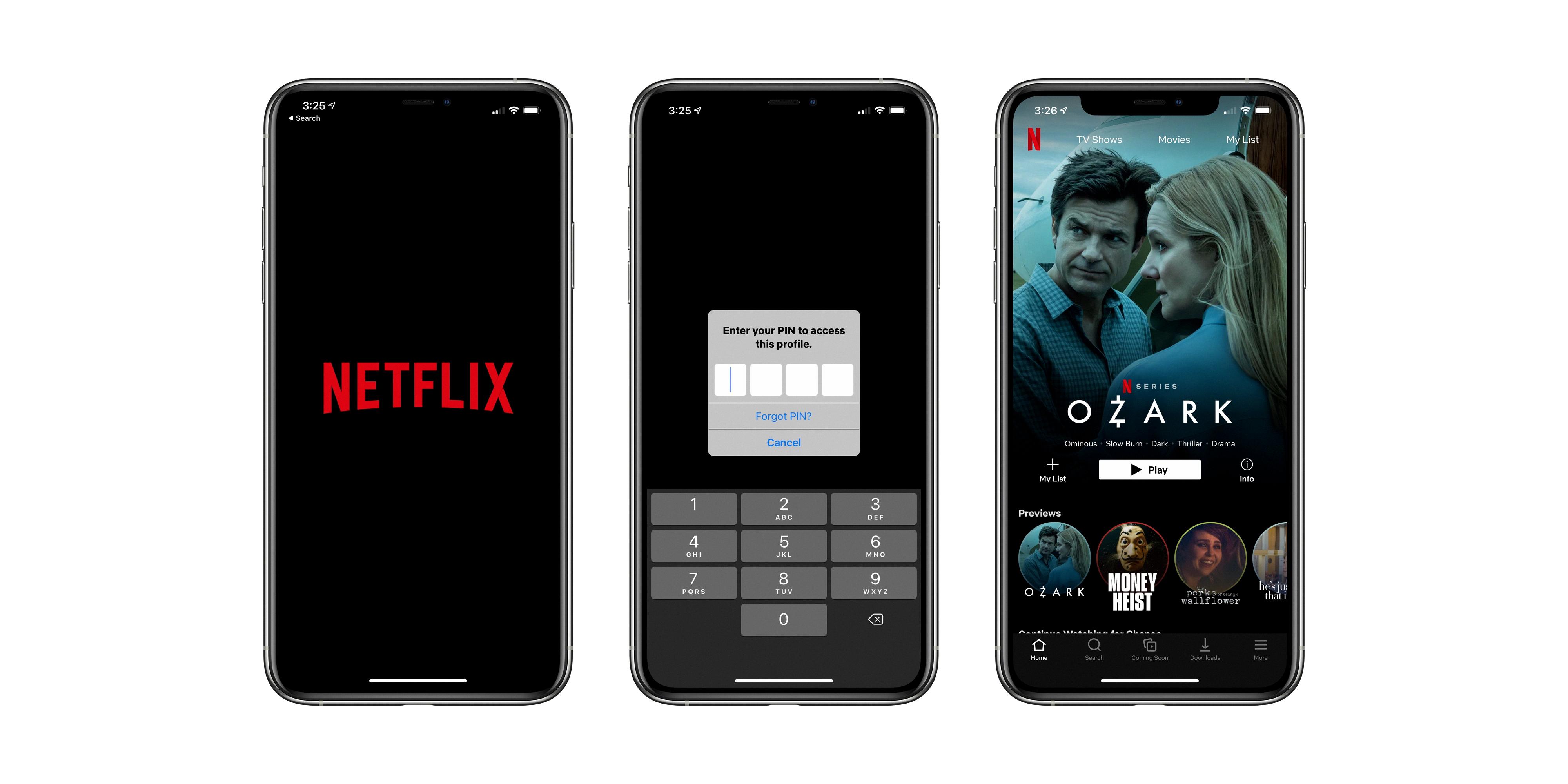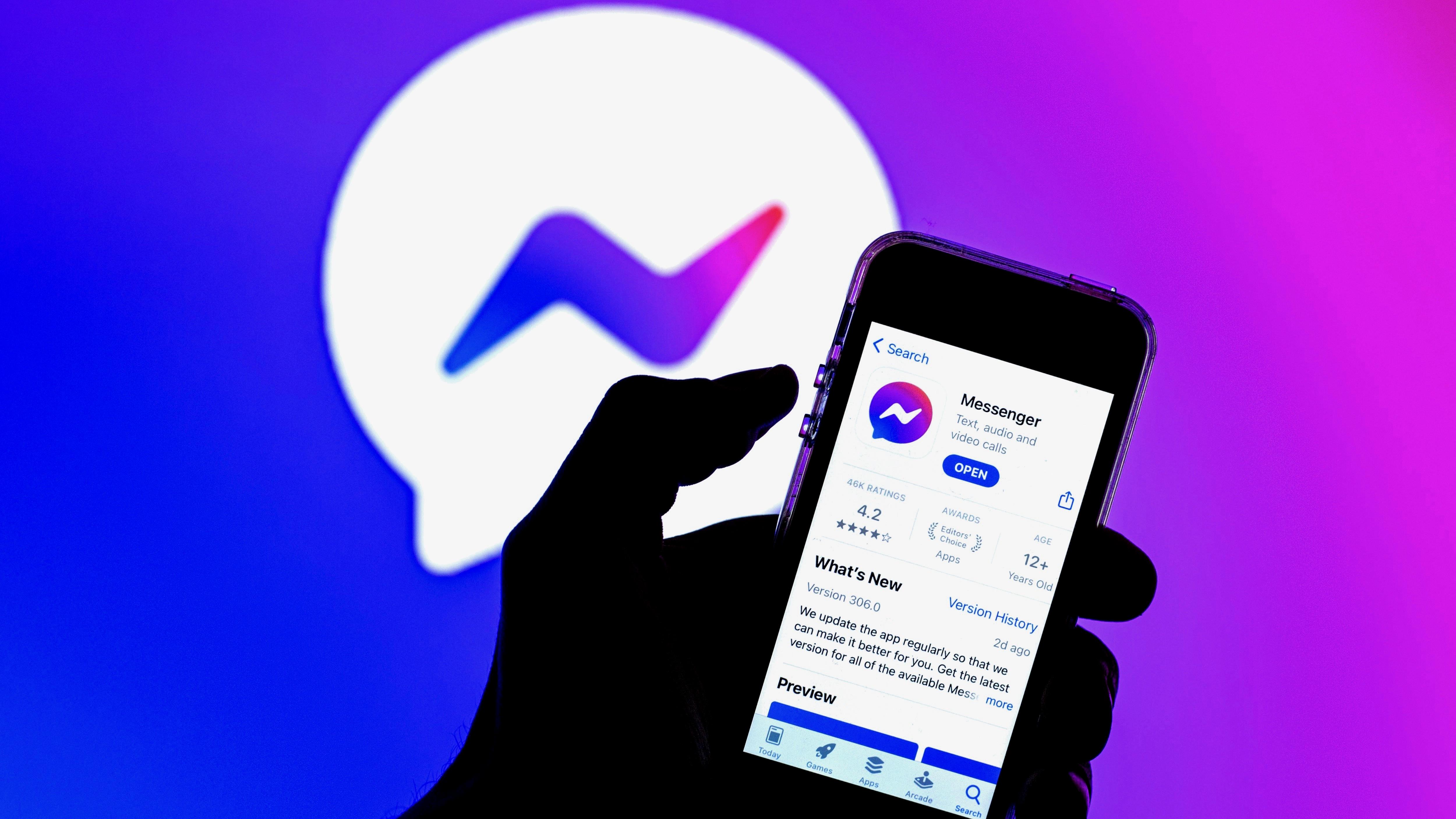Are you facing issues with updating Chrome on your Android device? Don’t worry, you’re not alone. Many users encounter this problem, but there are simple steps you can take to resolve it. In this article, we’ll discuss why Chrome may not be updating on your Android device and provide you with a solution.
One common reason why Chrome won’t update on Android is due to cache files. These are temporary files stored by apps to improve performance. However, over time, these files can accumulate and cause issues, including preventing updates from being installed. To clear Chrome’s cache files, follow these steps:
1. Open the Google Play app on your Android device.
2. Tap on your profile picture in the top-right corner.
3. Select “Manage apps & device” and then go to “Updates available.”
4. You’ll see a list of available updates for apps on your phone.
5. Look for Google Chrome in the list and tap on “Update” next to it.
6. Alternatively, you can tap on “Update all” to update all apps at once.
By clearing Chrome’s cache files, you’re freeing up storage space on your device and resolving any performance glitches that may be hindering the update process.
However, cache files are not the only reason for Chrome not updating on Android. Other issues such as missing key files, software conflicts caused by cookies, pending restart, or access denied by firewall or antivirus can also cause this problem. If clearing the cache files doesn’t resolve the issue, try the following steps:
1. Restart your Android device: Sometimes, a simple restart can resolve software conflicts and allow updates to be installed successfully.
2. Check your internet connection: Ensure that your device is connected to a stable internet connection. Poor connectivity can disrupt the update process.
3. Disable firewall or antivirus: Some security software may block the update process. Temporarily disable any firewall or antivirus software and try updating Chrome again.
4. Reinstall Chrome: If all else fails, you can try uninstalling Chrome from your device and reinstalling it from the Google Play Store. This should ensure that you have the latest version installed.
It’s worth noting that Chrome updates are essential for security and performance improvements. Keeping your browser up to date ensures that you have the latest features and bug fixes, and it helps protect your device from potential vulnerabilities.
If Chrome is not updating on your Android device, clearing the cache files is often a simple and effective solution. However, if the issue persists, try restarting your device, checking your internet connection, disabling firewall or antivirus software, or reinstalling Chrome. By following these steps, you should be able to resolve the issue and enjoy the latest version of Chrome on your Android device.

Why Your Chrome is Not Updating in Android?
There can be several reasons why Chrome is not updating on your Android device. Here are some possible explanations:
1. Insufficient storage space: Chrome updates require a certain amount of storage space on your device. If your device’s storage is nearly full, it may prevent Chrome from updating. Check your device’s storage settings and free up some space if necessary.
2. Network connection issues: A stable and reliable internet connection is necessary for updating apps. If your device is having trouble connecting to the internet or if the connection is slow, it may interfere with Chrome’s update process. Ensure that you have a strong internet connection before attempting to update Chrome.
3. Disabled auto-updates: If you have disabled auto-updates for apps on your Android device, it’s possible that Chrome is not updating because of this setting. To enable auto-updates, go to the Google Play Store app, tap on the menu icon (usually three horizontal lines), select “Settings,” and make sure the “Auto-update apps” option is enabled.
4. Outdated version of Android: Chrome updates may require a certain minimum version of the Android operating system. If your device is running an outdated version of Android, it may not be compatible with the latest Chrome updates. Check for any available system updates for your device and install them if necessary.
5. Play Store issues: Sometimes, issues with the Google Play Store app itself can prevent Chrome from updating. Try clearing the Play Store’s cache files by going to your device’s settings, selecting “Apps” or “Applications,” finding the Google Play Store app, and tapping on “Clear cache.” This can resolve any temporary glitches that may be affecting the update process.
6. Incompatible device: In rare cases, certain Android devices may not be compatible with the latest versions of Chrome. This can happen if your device is very old or if it has specific hardware limitations. In such cases, you may not be able to update Chrome to the latest version available.
If none of these solutions work, you can try uninstalling and reinstalling Chrome from the Google Play Store. This will remove any potential installation issues and give you a fresh version of Chrome to use.
Remember, it’s important to keep your browser up to date to ensure security, performance, and access to the latest features.

How Do You Force Chrome to Update on Android?
To update Chrome on your Android device, follow these steps:
1. Open the Google Play app on your Android device.
2. Tap on your profile picture located in the top-right corner of the screen.
3. From the dropdown menu, select “Manage apps & device.”
4. Under the “Updates available” section, you will see a list of apps that can be updated on your phone.
5. Look for “Google Chrome” in the list of apps and tap on it.
6. This will take you to the Chrome app page. If an update is available, you will see an “Update” button. Tap on it to start the update process.
7. If you have multiple apps that need updating, you can also tap on “Update all” to update all the available apps at once.
By following these steps, you will be able to force an update for the Chrome app on your Android device and ensure that you have the latest version installed.
What Causes Chrome Not to Update?
There are several factors that can cause Chrome to not update properly. These include:
1. Missing key files: If essential files required for the update process are missing or corrupted, Chrome may fail to update. This can happen due to accidental deletion, malware infection, or software conflicts.
2. Software conflicts caused by cookies: Sometimes, conflicts between existing cookies and the update process can prevent Chrome from updating. Cookies are small files that store information about your browsing activity, and if they are not compatible with the update process, it can cause issues.
3. Pending restart: If you have recently installed a new software or made changes to your system that require a restart, Chrome may not update until you perform the necessary restart. This is because the update process may require certain system resources that are only available after a restart.
4. Access denied by firewall or antivirus: In some cases, your firewall or antivirus software may block the update process, considering it a potential security threat. This can prevent Chrome from accessing the necessary files and resources to update properly.
Conclusion
Chrome is a widely used web browser that offers a range of features and benefits. It provides a fast and secure browsing experience, with built-in protection against malware and phishing attempts. Chrome also offers a user-friendly interface, with customizable settings and extensions that enhance productivity and convenience.
However, like any software, Chrome may encounter issues that need to be addressed. One common issue is the inability to update the browser through the Play Store. This can be resolved by clearing the Play Store’s cache files and updating Chrome manually.
Other issues that may arise include missing key files, software conflicts caused by cookies, pending restarts, and access denied by firewall or antivirus programs. These issues can be resolved by troubleshooting steps such as clearing cache files, disabling conflicting software, restarting the device, and ensuring that firewall or antivirus settings allow Chrome to access the internet.
Chrome is a reliable and efficient web browser that offers regular updates to enhance performance and security. By troubleshooting common issues and keeping the browser up to date, users can enjoy a seamless browsing experience on their Android devices.








